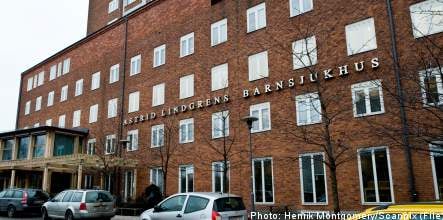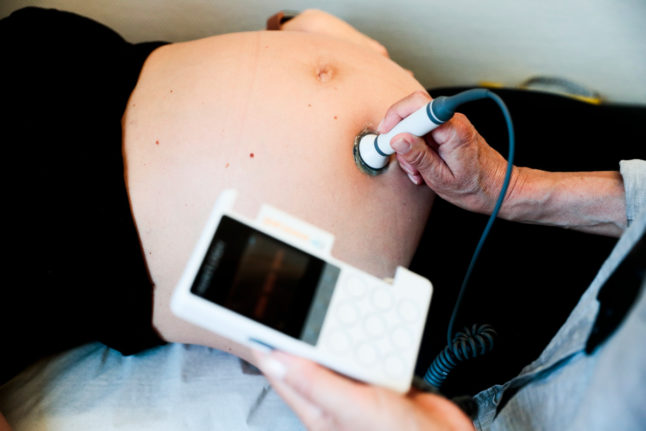The doctor, who works at Astrid Lindgren’s Children’s Hospital in Stockholm, was arrested in front of colleagues on suspicion of manslaughter. An autopsy report allegedly showed that the infant had received an exceedingly high dose of sodium thiopental and morphine.
The woman’s lawyer, Björn Hurtig, lodged an appeal against the woman’s continued detention at Svea Court of Appeal in Stockholm on Monday morning. The decision to release her was taken after prosecutor Elisabeth Brandt said she did not object.
The paediatrician has denied any wrongdoing.
In another development, an auxiliary nurse was questioned by police on Monday. The nurse had been present when the baby girl, who was born four months prematurely, died.
According to those close to the base, the questioning of the nurse is highly significant for the investigation. Her testimony could prove crucial to the credibility of the accusations against the doctor.
“They have finished questioning her but I do not know what it resulted in,” Hurtig said.
According to Sweden’s criminal code, manslaughter may entail a “premeditated death” but isn’t considered a murder because it is “less serious” or can be seen as less serious because of “the circumstances which led up to the deed”.
Manslaughter carries a penalty of between six and ten years in prison.



 Please whitelist us to continue reading.
Please whitelist us to continue reading.